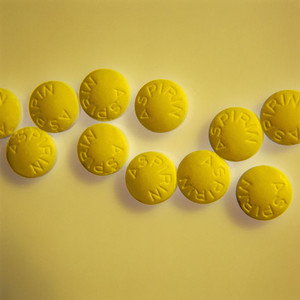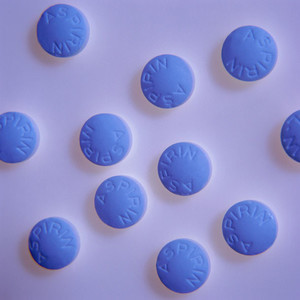The pay-for-delay ban amendment has been dropped from part of the US healthcare reform bill because of concerns it would not pass muster with congressional rules, according to a spokeswoman for US Senator Ms Herb Kohl, a Wisconsin Democrat who chairs the Special Committee on Aging, which held a hearing on drug prices on 18 March 2010, as reported by Pharmalot.
Pay-for-delay ban dropped from US healthcare reform bill
Generics/News
|
Posted 29/03/2010
 0
Post your comment
0
Post your comment

The proposal had been vigorously supported by the Federal Trade Commission, which argues that so-called ‘pay-for-delay deals’ hurt consumers by delaying the launch of lower-cost generics. The proposed amendment would have made it harder for brand-name drugmakers to settle patent challenges brought by generic companies. Yet Mr Kohl plans to pursue the ban after healthcare reform is settled, according to The Wall Street Journal.
By contrast, Ms Kathleen Jaeger, President of the US Generic Pharmaceutical Association, the main lobby for the generic drug industry, stressed dropping the ban is good for consumers.
“Imposing a ban on patent settlements would have the unintended consequence of preventing pro-consumer settlements that would actually allow generic competition sooner than if the generic company had taken the case to its conclusion and lost—always a possibility in patent litigation. Sweeping the good settlements out with the bad settlements is simply bad health policy and a misguided approach to cost containment. Such an across-the-board ban would reduce the number of patent challenges brought by generics, creating an unnecessary hurdle to bringing lower cost generic drugs to the market. Over the past 20 years, generic manufacturers have undertaken numerous patent challenges, prompted by the 180-day exclusivity incentive under Hatch-Waxman. Successful patent challenges have generated tens of billions of dollars in savings for American consumers and only a small number have involved litigation settlements between the brand and generic companies. An outright ban on settlements as a means of resolving patent litigation would stifle competition from generics, denying patients access to affordable medicines and reducing overall cost savings from generics,” she declared.
Furthermore, Ms Jaeger told The Wall Street Journal “an across-the-board ban would reduce the number of patent challenges brought by generics, creating an unnecessary hurdle to bringing lower-cost generic drugs to the market.”
FiercePharma adds that European antitrust officials have been on their own quest to stop pay-for-delay deals as well. Various antitrust investigations are under way involving generics deals made by GlaxoSmithKline, Teva Pharmaceutical Industries, and other big-name drugmakers.
References:
Ed Silverman. Pay-to-Delay Ban Dropped from Healthcare Reform. Pharmalot. 2010 March 18.
GPhA Statement on Patent Settlements. GPhA Press Release. 2010 March 17.
Tracy Staton. Pay-for-delay ban dropped from reform bill. FiercePharma. 2010 March 18.
Jared Favole. Health Bill Drops Ban On Deals Between Brand-Generic-Drug Makers. The Wall Street Journal. 2010 March 18.
Source: Pharmalot; GPhA Press Release; FiercePharma; The Wall Street Journal
Research
Japan’s drug shortage crisis: challenges and policy solutions
Saudi FDA drug approvals and GMP inspections: trend analysis
The best selling biotechnology drugs of 2008: the next biosimilars targets









Post your comment